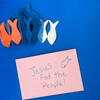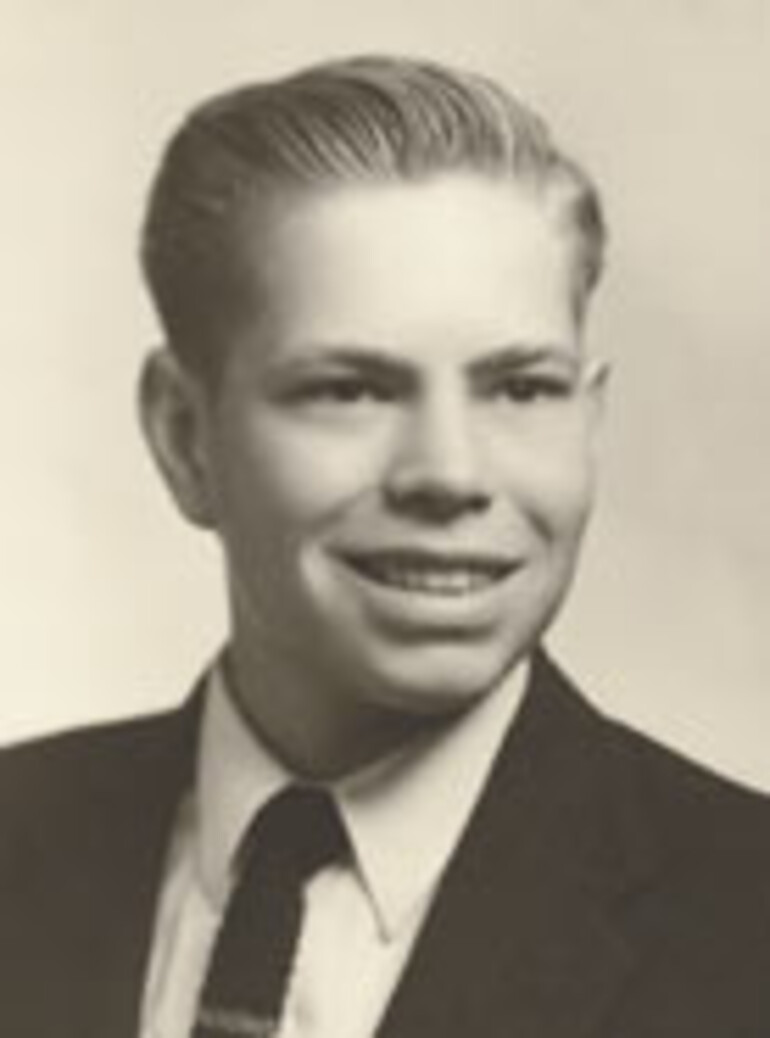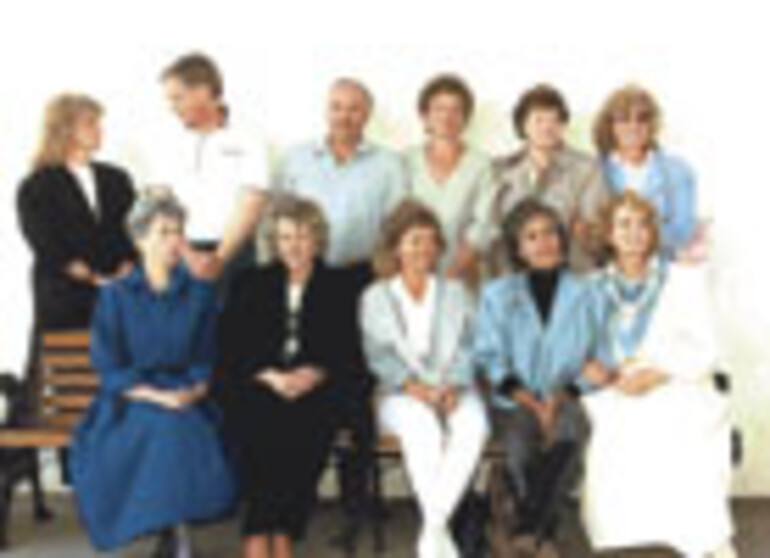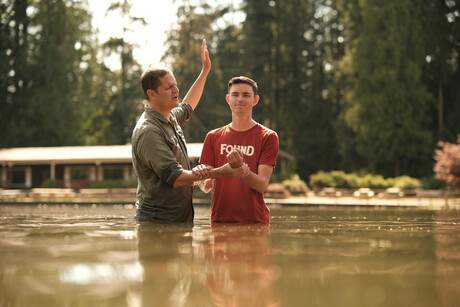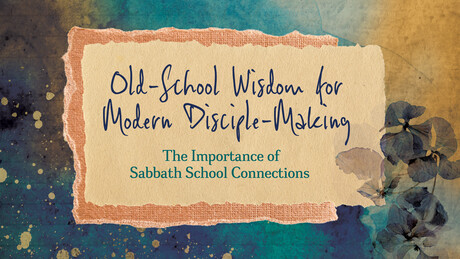By most counts, the '50s was a great time to be alive. World War II was over. Europe was emerging from ruins. The economy was booming. Jobs were plentiful.
But it wasn't all roses. Perhaps the greatest fear for Pacific Northwesterners was that the Russians might send planes over the North Pole to launch a nuclear attack.
In the early '50s, for example, the boys' dorm at Upper Columbia Academy (UCA) had a listening device to help identify hostile airplanes. Any suspicious information was to be relayed to Fairchild Air Force base near Spokane, Wash., where two fighter jets were poised on the runway with pilots ready to scramble.
Early Life
I graduated from eighth grade in the small Adventist school in Sandpoint, Idaho, where my father was a minister, and we moved to UCA in the summer of 1953.
Forty-five freshmen enrolled that fall, and by graduation day in 1957, the Class total was 60.
We were all being shaped by earth-shaking events. We had been born just before World War II began. Dwight D. Eisenhower was now president. The Interstate Highway system was under construction. We were the first generation to grow up with television. Space flights were just beginning, and rock-'n-roll music was in the air.
The Civil Rights Movement had begun, and oral contraceptives were coming on the market. We had come to UCA so hopeful, so determined to be somebody, not knowing for sure how to make a livelihood, fall in love, or in due course raise a family.
The Adventist zeal of the Second Coming message in the '40s and '50s was strong, and many wondered if there would be time to marry and have a family before the end of the world.
Time Passes
But 45 years have passed, and I recently decided to phone my classmates and record interviews to play back at our April 2002 reunion.
I asked fairly typical questions-ones classmates might normally ask one another.
Six Deaths
I learned that six classmates had passed away. But many had stayed in touch with one another, generally along the same friendship lines they'd established in academy.
It became apparent at once that only a small minority of graduates had been unaffected by social changes, history, or opportunities after graduation. Without going on to further education, they returned to their roots and adopted the values and expectations of their parents.
A second group entered college but dropped out before completing a degree, often because of marriage or desire to get on with life financially.
More than half finished college, and several went on to higher or professional degrees.
Radically Changed
I suppose you could say that this Class is probably no better or no worse than any other. But what I did learn is that all the young people who entered UCA and graduated in 1957 were radically and permanently changed by the experience.
Some of this has to do with the natural history (biology) of going through adolescence and heading for adulthood. But there's more.
We attended a boarding school where the relationships between students and faculty are much deeper and broader than those of students who stay at home and attend a community high school.
Back then, we attended classes in the morning and in the afternoon everyone went to work. The school itself functioned by student labor.
Wages were 32-35 cents an hour. Many paid their entire way through by working.
We created a "village" that gave us balance during this critical period of life. We had broader, richer experiences than we would have had at home. There were daily morning and evening worships, weeks of prayer, church services, and other religious activities.
Ethics and concern for others persistently flowed through our lives. It was very hard to walk alone. Nearly everyone speaks of the experience with deep conviction-that this was the right place and the faculty were the right ones to mentor our advancement.
It's impossible here to create an objective profile of the role the Academy played in the lives of the Class of '57. But what we can say is that the faculty and church leaders who placed their convictions in this school received some of the best rewards anyone can expect out of life.
Those that make up the Class of '57 are quiet legends in their own time. Not one of us has ended up in jail, and a very high percentage has devoted itself to serving others as administrators, teachers, professors, physicians, farmers, business persons, nurses, and pilots.
The Academy and its core religious teachings did not protect everyone from the sometimes frantic years that have gone by. But everyone, looking back, can say that their life was richer for the experience.
It's a rare compliment, indeed, from people who have seen so much cynicism, war, upheaval, and uncertainty in their generation.
They look back and say, 45 years later, "Life has indeed been richer because of our experience in an Adventist academy." •


